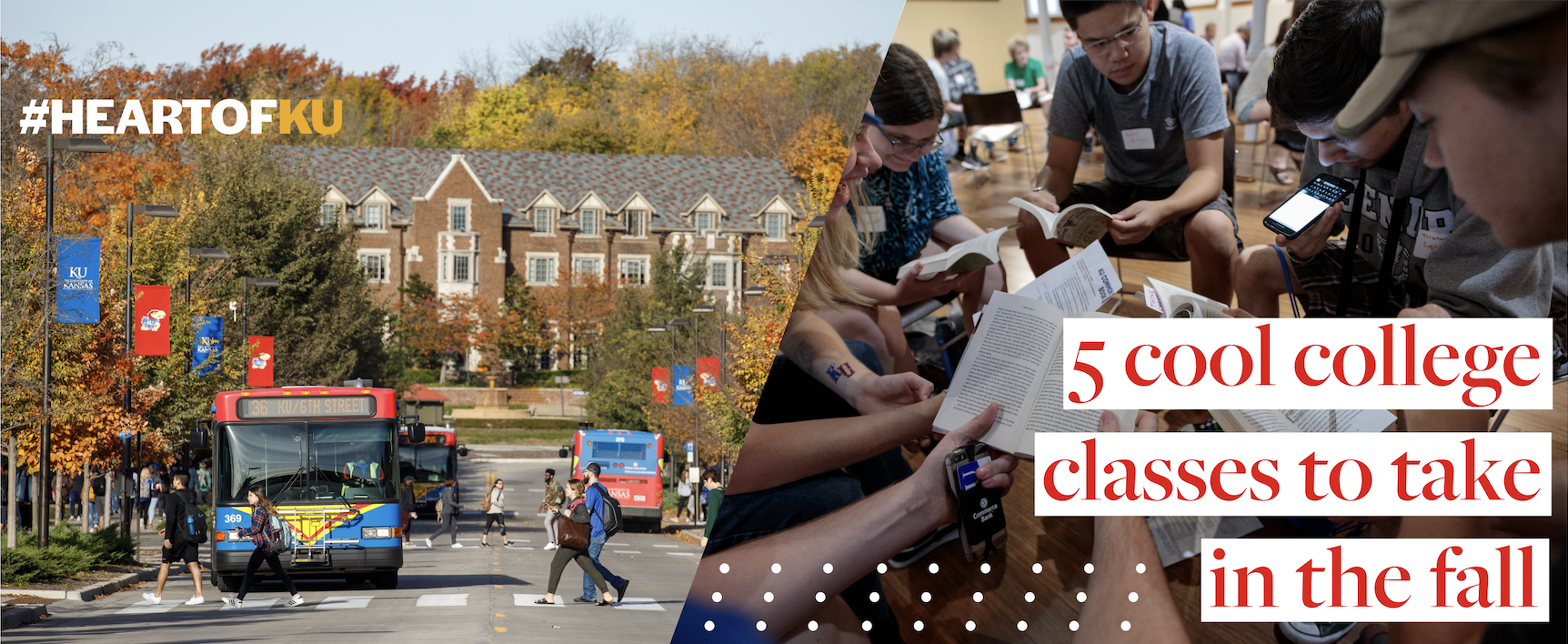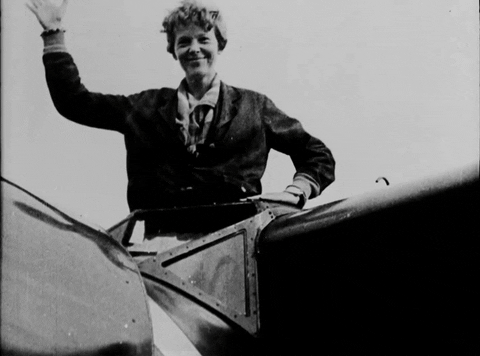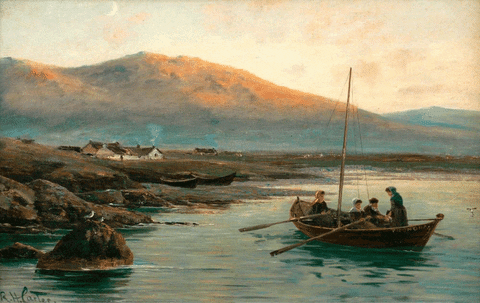
Enrollment for Fall 2022 is open, and there is no shortage of fun and interesting things to learn about in the College of Liberal Arts & Sciences. Aliens? Check. Food? You bet. King Arthur? Aye. Whether you need to fill a specific requirement or you want to branch out and take a class that’s out of the ordinary, use this list to find the next cool thing you’ll be telling your family about over Christmas break.
1. ASTR 394: Quest for Extraterrestrial Life – MWF 11:00 – 11:50 AM
Ever looked into the starry night sky and wondered if there was anything else out there? Now you can answer that question and fulfill your credits at the same time. Enroll in ASTR 394 to learn about the search for aliens, other-worldly planets, and more.

Description: This class provides an introduction to the search for planets around other stars and for life in the universe beyond the earth. A discussion of the astronomical conditions under which life might form and the biological conditions of life formation and evolution, as well as methods of searching for extraterrestrial life.
Prerequisite: An introductory course in astronomy, biology, or geology.
Satisfies: Natural Science (N), Physical Sciences PC (NP)
2. HIST 150: Intro to Food History: Around the World in 8 Dishes – Online
The title of this class pays homage to the classic French novel “Around the World in Eighty Days,” written by Jules Verne in 1872. But you won’t need to set sail in a ship or travel by air balloon to learn the history and surprising impacts of interesting food and drinks from around the globe.

Description: Foods and drinks such as chocolate, coffee, curry, and olive oil have changed the world in ways that transcend national boundaries; this course follows their stories tracing routes of imperialism and globalization while attentive to the impact of these foods on indigenous peoples. Each week offers new foods and new discoveries drawing from cases globally to ask why people choose certain foods, what that says about their culture, and how foods and drinks have changed historically. Besides learning how food can be a window to history and gaining an introduction to the interdisciplinary methodology of food studies, this course will help you understand the consequences of what you eat in terms of your own body, the environment, and communities a world away.
Satisfies: Humanities (H)
3. HUM 373: Aviation in American Culture – MW 11:00 – 12:15 PM
The Wright brothers may not have know the impacts their experiment would have when they successfully manned the first ever motor-powered aircraft in North Carolina 1903, but in HUM 373, the unforseen and unintended consequences of flight — both good and bad — are dissected and discussed.

Description: This course examines the complex relationship between powered flight and American society from the invention of the airplane to the rise of drone warfare. Through a mixture of scholarly works, personal accounts, and primary sources, we will investigate how use of and access to the airplane became a focal point for the construction and deconstruction of race, gender, and class distinctions and an important site in the struggle for equality and social justice. Using the airplane as a lens, we will recognize and challenge key assumptions within American technoculture such as technological messianism, technological neutrality, and the role of government in technological development. (Same as HIST 441.)
Satisfies: Humanities (H)
4. HA 305: Art and the Sea – From the Age of Sail to the Age of Climate Change – TTh 2:30 – 3:45 PM
“Why is almost every robust healthy boy with a robust healthy soul in him, at some time or other crazy to go to sea?” asks Ishmael in Herman Melville’s 1851 magnum opus Moby-Dick, and this question remains a compelling one over 170 years later. Kansas may be landlocked, but through HA 305 you can still discover the sea, its unique set of questions and challenges, and all things nautical.

Description: This class will take a visual and material culture of the ocean as a jumping off point for considering how representations of the sea articulate questions and concerns that are political, cultural, and environmental. Examining works ranging from maps, indigenous art, paintings, literature, and film, students will consider the formal challenges of representation, and the practical challenges of navigation, that arise from human engagement with maritime space.
Satisfies: Humanities (H)
5. ENGL 301: King Arthur – TTh 1:00 – 2:15 PM
The story of King Arthur is one of the most well-known legends of all time, and has spawned countless retellings and evolutions since its conception in Britain over 500 years ago. But did King Arthur actually exist? What about the Knights of the Round Table? Dive into the folklore and medieval mythos in this English course taught by one of the College’s experts on the subject.

Description: Arthurian literature may be the medieval equivalent of popular entertainment, but medieval and post-medieval treatments of King Arthur also reveal the values, ideals, and anxieties of the cultures that produced them. We will trace the development of the English Arthurian legend from its mythic and quasi-historical beginnings through medieval romance and more recent treatments that may include Monty Python, Guy Ritchie’s “Legend of the Sword,” Netflix’s “Cursed,” or A24’s “The Green Knight.” Questions driving the course will include how Arthur and his knights are represented differently in different genres, what cultural issues and problems authors use Arthurian literature to address, and how authors reinvent Arthurian narratives to reflect changing social ideals.
Recommended: Prior completion of one 200-level English course.
Satisfies: Humanities (H)